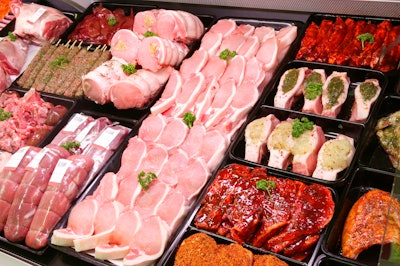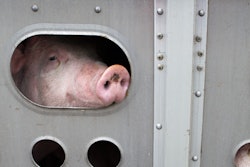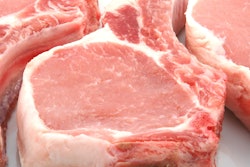
Bipartisan legislation introduced in the U.S. Senate would make it easier for small farms and ranches to provide locally produced meats to consumers.
The Processing Revival and Intrastate Meat Exemption (PRIME) Act, co-sponsored by Sen. Angus King (I-Maine) and Rand Paul (R-Kentucky), would give individual states the freedom to permit intrastate distribution of custom-slaughtered meat such as beef, pork, goat or lamb to consumers, restaurants, hotels, boarding houses and grocery stores.
Custom-slaughter facilities are annually inspected facilities – Maine’s state standards are “at least equal to” federal government standards – that process safe, and clean meat from small farms for private consumption, but are not currently allowed to make public sales, King’s office said in a press release.
“Maine farmers should not face redundant barriers when it comes to meeting increased demand for fresh, locally produced meats,” King said. “The PRIME Act would put a stop to unnecessary federal regulations by empowering states to regulate the processing and local sale of meat. This bipartisan legislation is a solid step toward restoring a measure of common sense to the process, supporting Maine’s farmers and bolstering the local foods movement, all while protecting consumer safety. If Maine or Kentucky wants to let a farm sell fresh, tested, safe meat in their communities using a custom slaughterhouse and proven methods, the federal government doesn’t need to get involved.”
Under current law, farmers and ranchers must have their animals processed at a U.S. Department of Agriculture (USDA)-certified facility to sell their product commercially. However, many states such as Maine have a limited amount of USDA-approved processing facilities, which are often at capacity. This makes it expensive and time-consuming for farmers to transport their animals, sometimes across the state or even out of state when they intend to sell the meat to their neighbors.
The PRIME Act would give states the authority to allow meat from custom-slaughter facilities to be sold for general consumption. This would help relieve the significant shortage of processing capacity and allow small farms, ranches and slaughterhouses to significantly increase sales.
In addition to King and Paul, co-sponsors include Sens. Jeff Merkley (D-Oregon), Cynthia Lummis (R-Wyoming), Kirsten Gillibrand (D-New York), Kevin Cramer (R-North Dakota), Marsha Blackburn (R-Tennessee), John Hoeven (R-North Dakota) and Mike Lee (R-Utah). Reps. Chellie Pingree (D-Maine) and Thomas Massie (R-Kentucky) introduced a companion bill in the House of Representatives.














